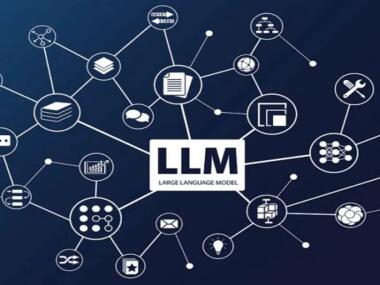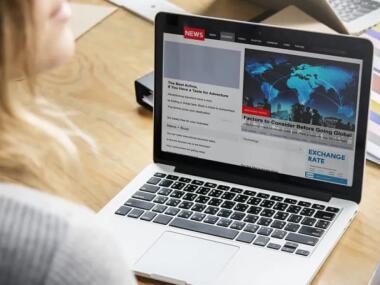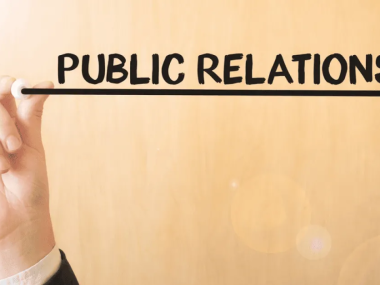I have listened to many discussions among my fellow creative workers, surrounding the rise of artificial intelligence (AI). Some claim that it has the potential to replace human creativity. This conversation was sparked by the rising popularity of Dall-e and Chat GPT, two platforms developed by Open AI.
Today, AI has clearly become more efficient, even in areas traditionally dominated by creative types. The two platforms are able to create images and writings and that can help humans become more effective in what they are doing.
I agree with only part of the arguments. AI has indeed become more advanced and capable of completing tasks that were once thought to require a touch of human creativity. But frankly, the scarier and more serious concern is that we are increasingly relying more and more on AI. This reliance on AI could lead to a decline in the demand for creative workers. But could it replace them?
A couple of weeks ago, Maverick Internal practice group for Digital & Creative discussed how AI could help our work as creative workers. There were sets of exercises where we were asked to create a valentine-themed social media campaign for a frying pan, but all of the assets – captions and images – have to be generated using AI. What triggered my curiosity was not how fascinating AI was in its ability to capture our prompt, but rather the prompt itself.
“What did you write on the search box?” my friend asked.
“I wrote, ‘A romantic caption about bringing back a love life, through a delicious food made by a high-quality frying pan,” I answered. “But I feel that I have to adjust the text, I just don’t like it.”
“I just wrote, ‘Caption for social media about valentine’,” my other friend said.
If you are familiar with the phrase, “ask the right questions, you’ll get the right answers,” that is what I experience when using this tool. The more precise the prompt, the more likely it would generate an asset as we want it.
AI does a great job and probably better than humans, doing the grunt job of sourcing and sifting through ideas and data– that is what we programmed them for. But perhaps soon, it may even have better logical flows in articulating ideas. Take the example of ChatGPT. Being native to English, it clearly would be better at expressing ideas in that language than us, non-native speakers.
Unfortunately, (or rather thankfully), AI does not yet have the same level of intelligence as humans. It does not yet have what scientists call Artificial General Intelligence (AGI). The asset generated by AI currently still lacks context and heavily depends on how detailed the prompt was.
While AI could be incredibly efficient in specific tasks, it cannot be contextual and synthesize seemingly disparate ideas – which is what creativity is all about.
In brainstorming, human flaws have an important implication. This could spur conversations, dig up human insights and context, and exercise critical thinking to develop better ideas. Would AI make us dumber? No, but maybe lazier. We might end up relying too much on AI even when it recommends the wrong path.
There is no denying that AI is here to stay. Creative workers should not shun it but learn to live with it and harness its potential. At this stage, I believe that one of the potentials is to use AI to develop critical thinking and data-driven decision making, therefore fostering better leaders. Let me explain:
A Generation of Critical Thinkers – In the future, creative workers should have the sensitivity necessary for human insights, be able to sharpen their thoughts, and decide what is most contextual to the problem a client is having.
A data-driven decision maker – As research said about decision-making, human choice is probabilistic. We select a certain choice with a certain probability, while AI always selects the one with the highest likelihood. This draws on the human ability to decide on contextual things.
By utilizing the power of AI, we can enhance human creativity. The key is to understand how to use AI in a way that amplifies human ingenuity, rather than replacing it. With the right approach, AI can be a powerful tool to boost human creativity. We should not only harness its potential but also identify its shortcomings (i.e its inability to think contextually) and focus on filling this gap.
As a wise person said on Twitter: Those who master AI will be the ones to excel in the field of creativity, not AI itself.
Written by Aliya Alifadrianti





